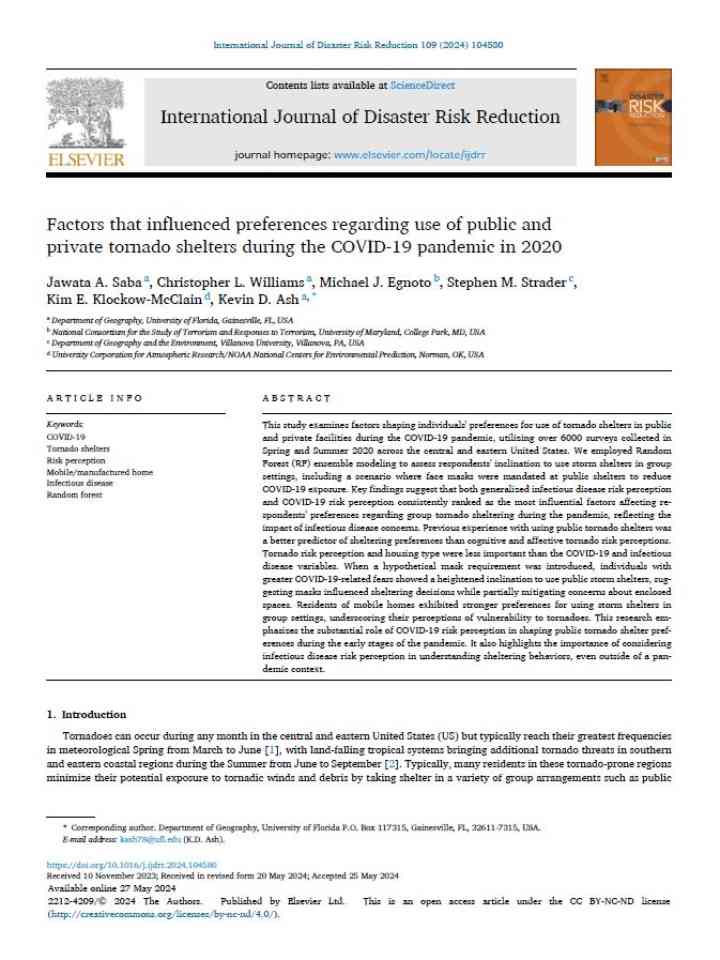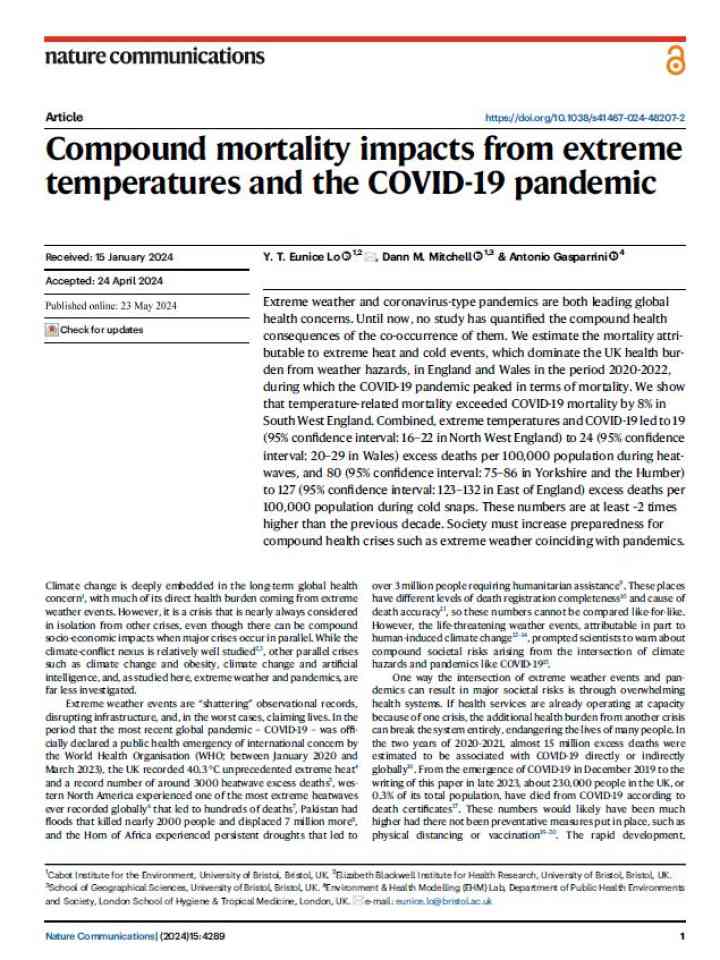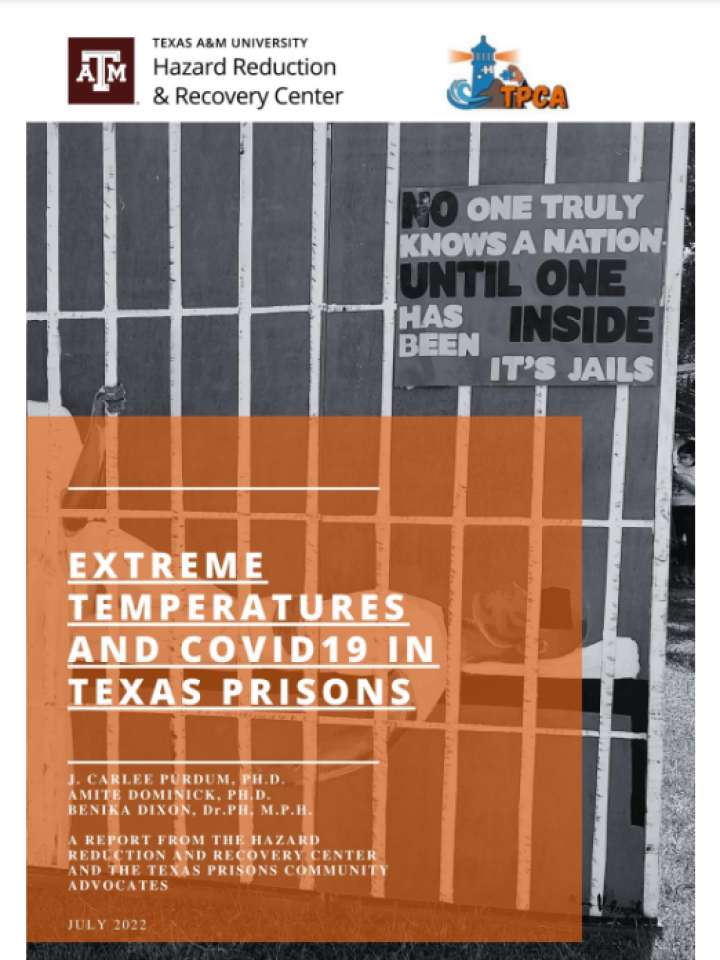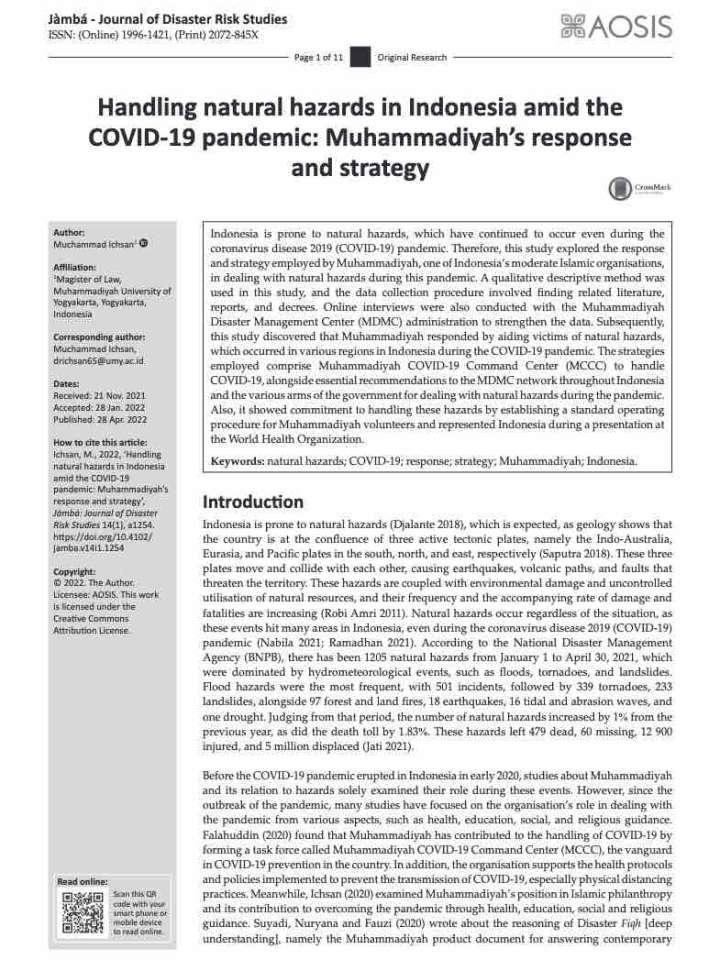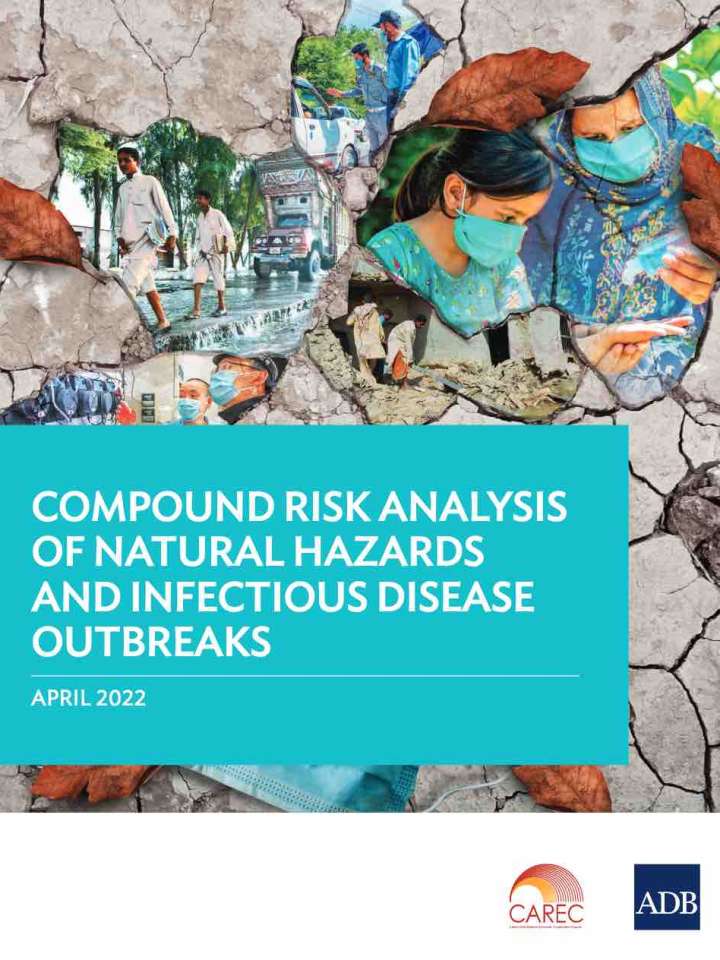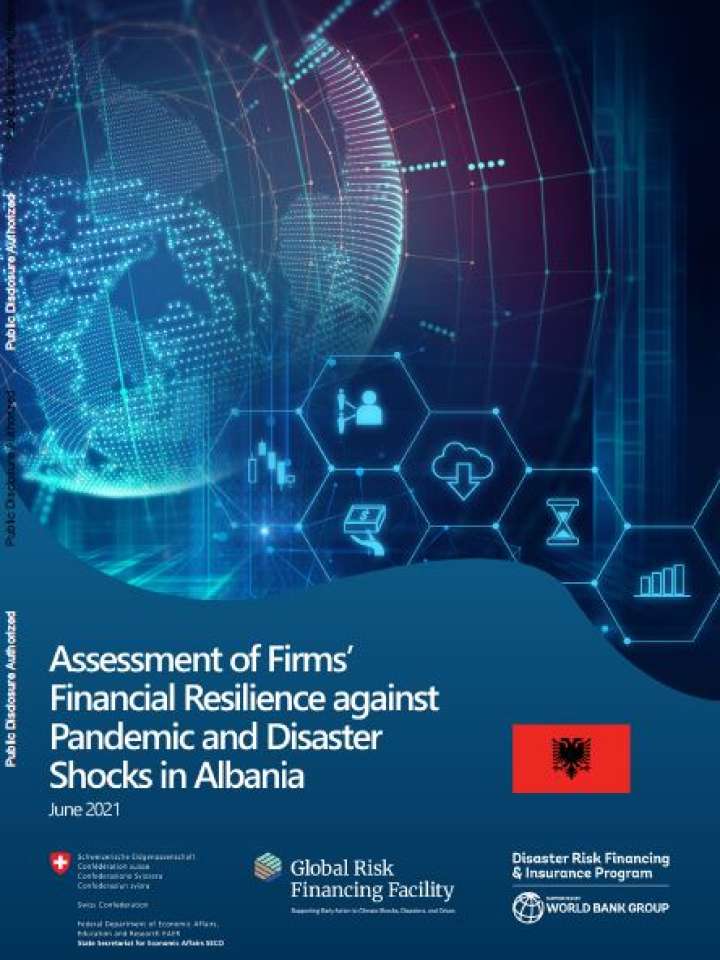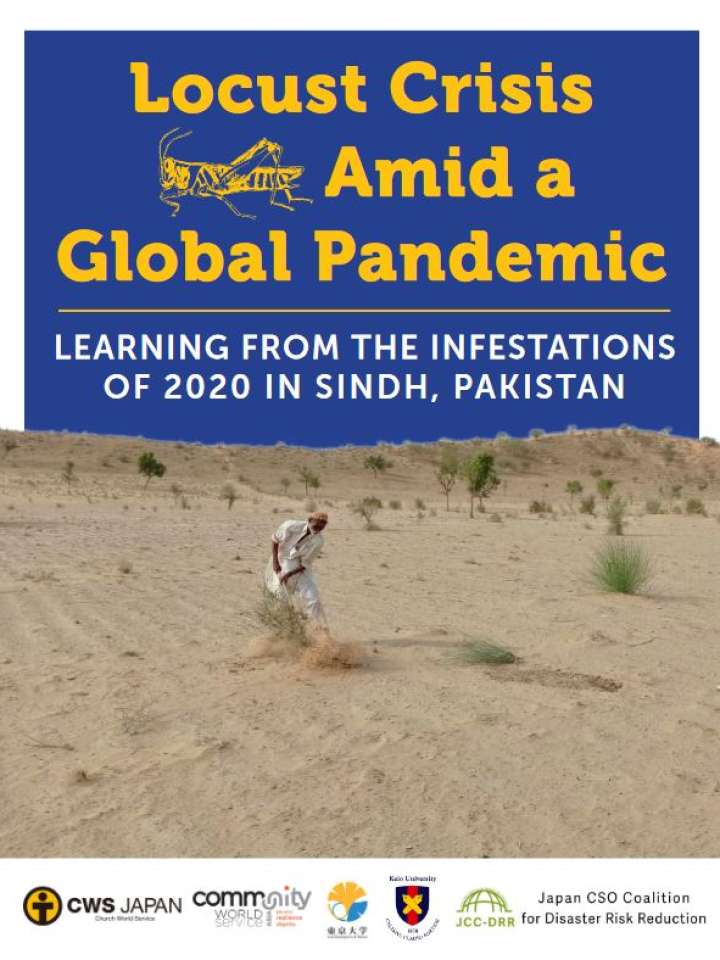COVID-19 and natural hazards
Image

Introduction
During the coronavirus disease 2019 pandemic, natural hazards increased disaster risk in countries already managing the outbreak. These resources explore the interlinkages between these hazards and the COVID-19 pandemic.
Hazards
Themes

